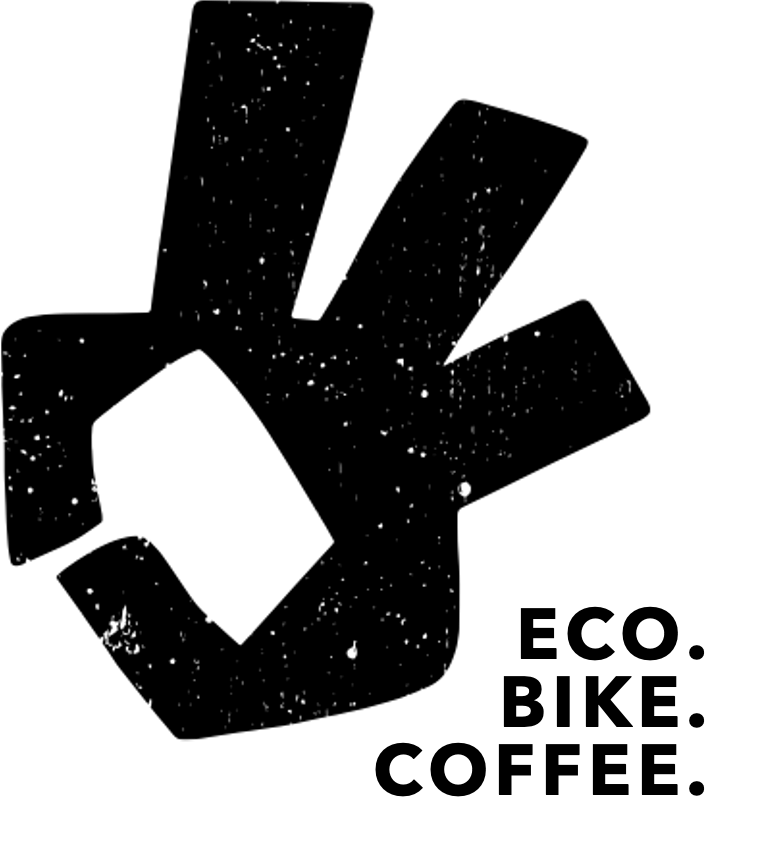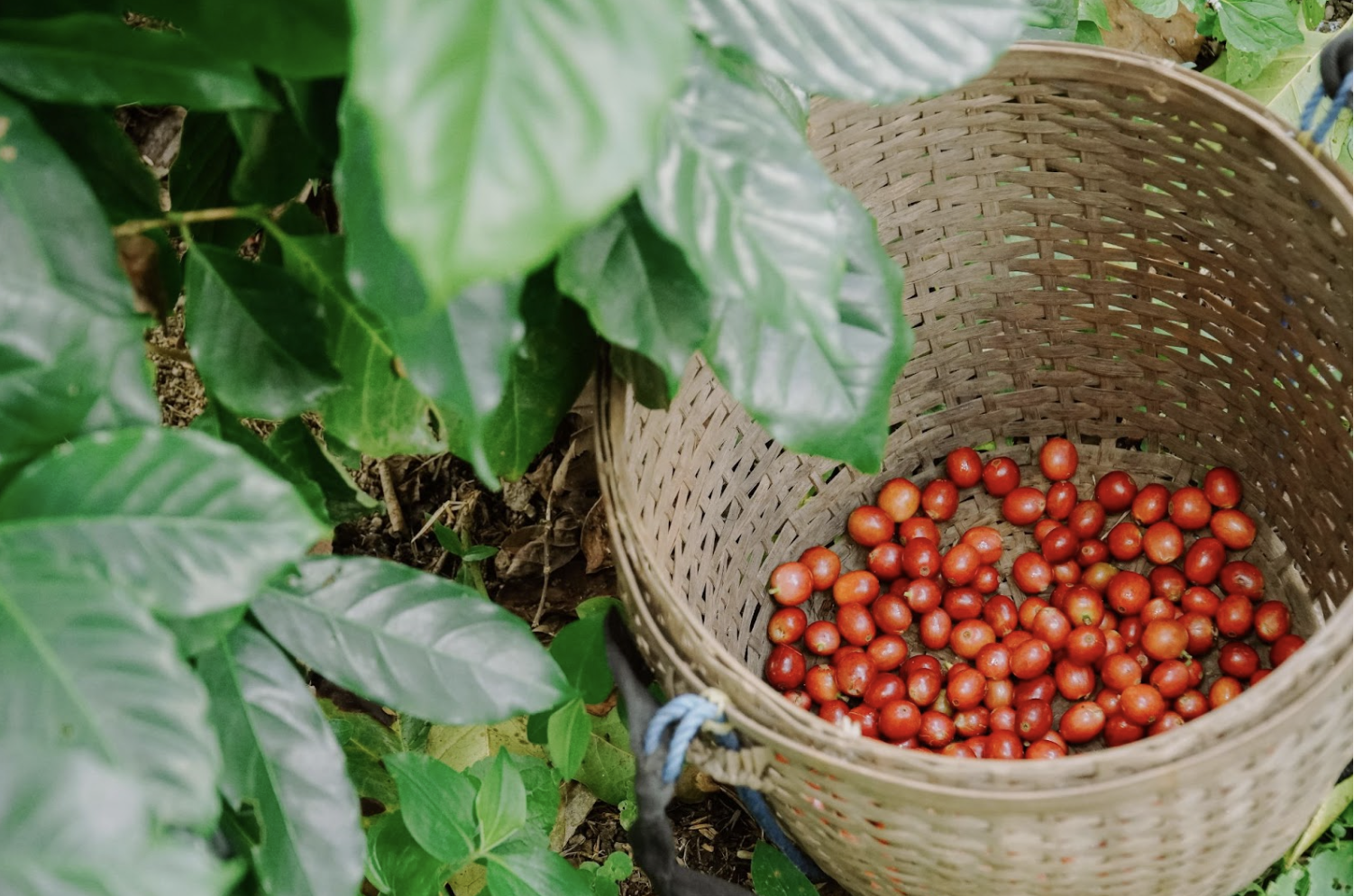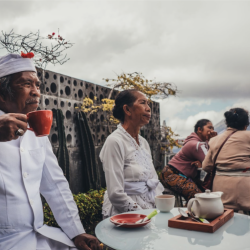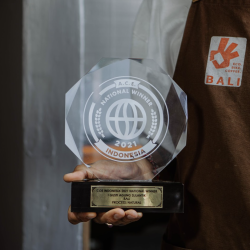When it comes to specialty coffee in Indonesia, Bali is unique. Unlike larger coffee-producing regions like Sumatra or Java, Bali—especially Kintamani—has one of the smallest Arabica coffee farm areas in the country. On average, Bali only produces around 3,000 tons of coffee cherries per year.
But here’s the catch: not every coffee cherry harvested becomes specialty-grade coffee. In fact, only a small percentage makes it through the strict quality control process. At our coffee farm, we follow four meticulous sorting stages to ensure only the best beans make it to your cup.
1. The Floating Process (After Harvesting)
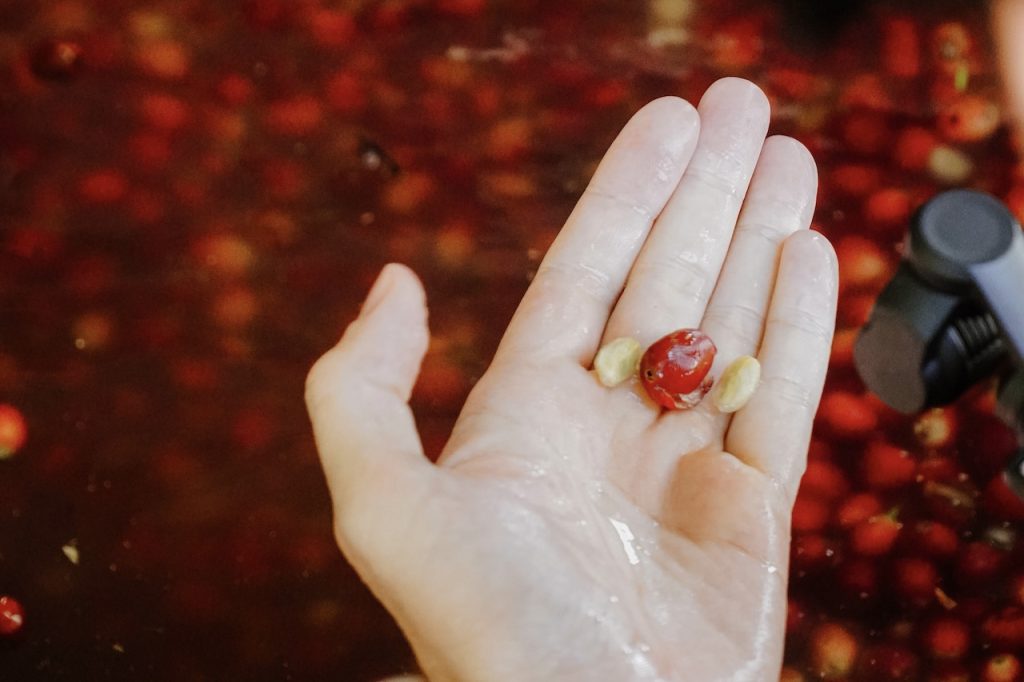
After the cherries are harvested, we soak them in water. Good cherries sink, while defective ones float. Floating cherries usually mean one or both beans inside are hollow or damaged. Even if one bean is fine, specialty coffee standards require full elimination of floaters.
2. Color Sorting
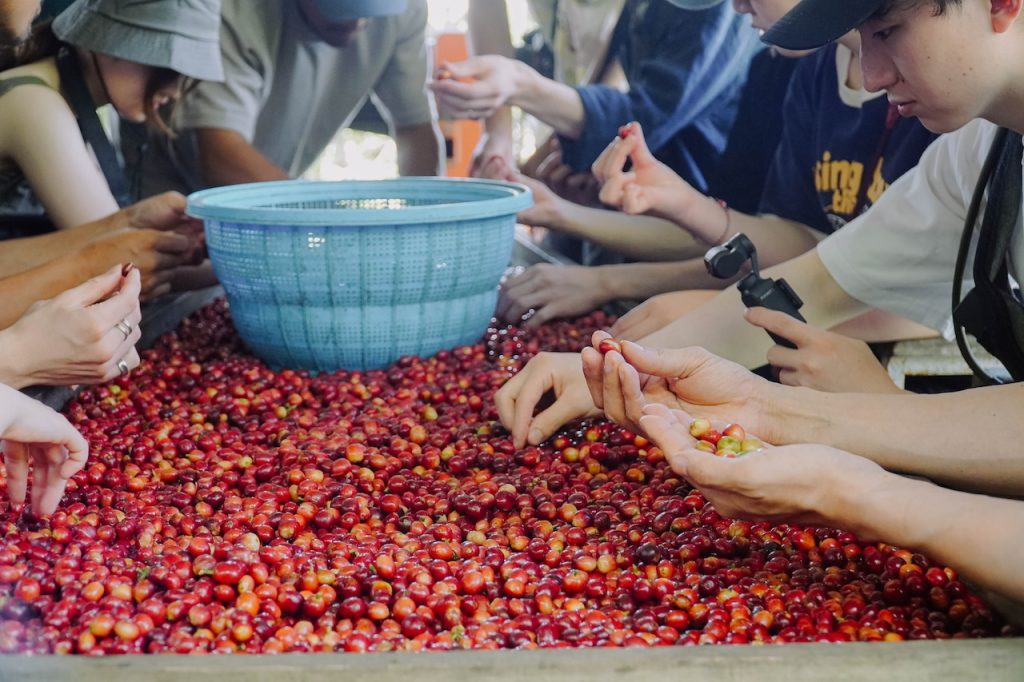
Next, farmers sort the cherries by color:
- Green = unripe → discarded
- Orange = under-ripe → downgraded
- Red = perfectly ripe → ideal for specialty coffee
- Black = overripe or rotten → downgraded
Only the vibrant red cherries move forward to the next step in the coffee processing journey.
3. Floating Process (After Depulping)
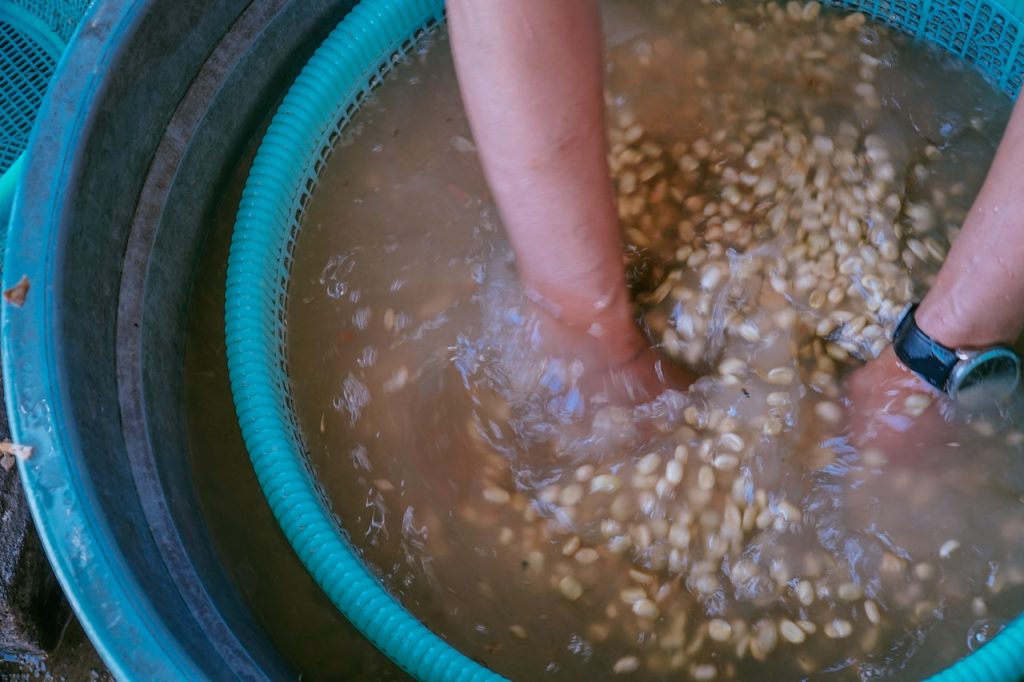
Once depulped (removing the outer skin and pulp), the beans undergo another floating test. Any beans that float again are removed—ensuring the remaining green beans are dense and high-quality.
4. Defect Sorting

After the beans are dried, we perform a final defect check. Beans with physical damage, signs of over-fermentation, or inconsistent sizes are removed. For our Kintamani specialty coffee, we only accept uniform, flawless beans.
Why Kintamani Coffee Is Always Small Batch
One coffee tree can produce 5 kilograms of fresh cherries on average. To produce 1 kilogram of specialty green beans, we need 6-9 kilograms of coffee cherries. This extremely low yield is why Kintamani specialty coffee is so rare. Scaling up production without sacrificing quality is nearly impossible. Instead, we choose to go small—focusing on quality over quantity.
At Eco Bike Coffee, we roast in small batches, allowing us to carefully control flavor, freshness, and consistency. While lower-grade beans still produce decent coffee, we’re committed to offering only the best specialty-grade beans in every cup we serve.
Curious to taste the difference? Come visit our café or join our Coffee Tour and experience firsthand how Kintamani’s finest beans are grown, sorted, roasted, and brewed—with care, tradition, and passion.
